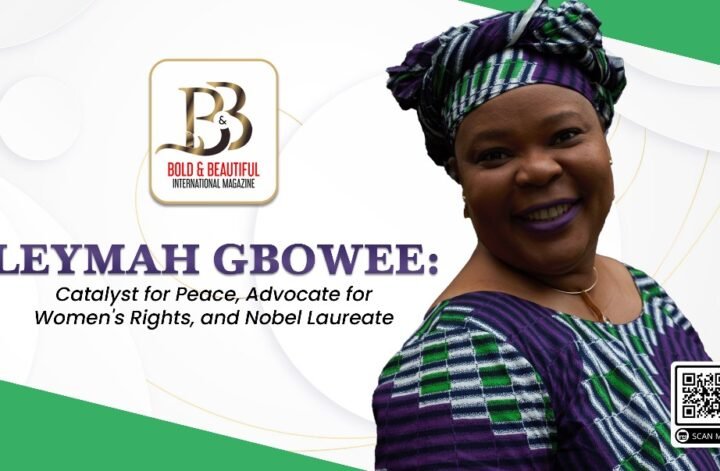When Layo Ogunbanwo speaks about technology, she doesn’t reach for buzzwords. There’s no talk of unicorns, no obsession with “disruption”. Instead, she talks about systems, the invisible ones that hold up our daily lives, or fail us when they don’t exist.

And right now, the beauty and wellness sector in Africa, an industry run largely by women, is operating without a proper system. That’s where Splice comes in, Layo’s ambitious, quietly revolutionary digital platform that’s giving structure to one of Africa’s most under-digitised and overworked economies.

Splice is not just another startup. It is the product of years of deep listening and lived observation, from the corner salons of Lagos and Kigali to nail techs in Nairobi booking appointments through a patchwork of WhatsApp messages and phone calls. The result? A platform that doesn’t just plug in software, it offers stability, clarity, and power to beauty professionals who have never had access to real business tools.
Layo Ogunbanwo, the mind behind it, has spent over 13 years building digital products that work. Not just in boardrooms and pitch decks, but in people’s hands. From Africa to Latin America to the United States, her work has always centred around one thing: usability. Does the product make sense to the woman in Owerri who braids hair for a living? Does it make her job easier, her earnings better, her time more protected?
That’s the bar she’s always measured against and it’s exactly what makes Splice different.
Beauty is a Business And Africa Is Ready
Across the continent, the beauty and wellness economy is thriving but it’s also fractured. In most cities, finding a good hair stylist or skincare expert is not the problem. The real challenge is what comes after: missed appointments, unclear pricing, untracked payments, and zero formal systems for customer retention.
What Splice offers is a way to solve all of that in one place. It’s a digital dashboard for beauty businesses helping them manage bookings, accept payments, communicate with clients, and even track performance over time. And while it might sound simple, the effect is transformational.
Because for the first time, a nail artist in Accra can now see what her peak booking days are. A hair stylist in Jos can request payments in advance without awkward conversations. A spa owner in Nairobi can plan staff schedules using actual data. These are small shifts with big consequences. This is how generational businesses begin.
Where Tech Meets Intimacy
What makes Layo’s work particularly compelling is her insistence that technology must serve people without erasing their humanity. In a sector as intimate as beauty — where trust, word of mouth, and emotional connection are everything, it’s not enough to be efficient. You have to feel familiar.

That’s why Splice doesn’t try to replace the personal touches that define African beauty culture. Instead, it amplifies them. The platform has features that allow for client notes, loyalty rewards, flexible scheduling, and even downtime tracking because real professionals need rest too.
“It’s not just about building a tool,” Layo said at a recent founders’ roundtable in Lagos. “It’s about understanding that African beauty professionals are already running sophisticated businesses. What they need is the infrastructure to help them grow — not to control them, but to support them.”
Global Thinking, Deeply Local Execution
Layo’s résumé reads like that of a global tech executive and it is. She’s worked across three continents, led multi-market rollouts, and contributed to high-growth teams in fintech, healthtech, and edtech. But what makes her uniquely powerful as a founder is her refusal to transplant foreign solutions onto African problems.
Splice was not born in a WeWork space in San Francisco. It was shaped through conversations with real people across Lagos, Nairobi, Kigali, and Cape Town. Every button on the app is there because someone somewhere asked for it. This is a product built through proximity, not just product-market fit.
The Bigger Picture
Beyond the technology, what Splice represents is something even more profound: dignity. By providing structure to informal workers, Layo is enabling beauty professionals to see themselves as entrepreneurs, to grow with data, to qualify for credit, and to dream bigger than the four walls of their current studios.
And if you ask her what success looks like for Splice in five years, she won’t talk about exits or valuation. She’ll talk about scale, yes — but equitable scale. She’ll talk about the ability for women across Africa to own their time, manage their work, and access opportunities previously shut out to them.
Layo Ogunbanwo is doing something rare: she’s building technology that says, “You matter. And you deserve better tools.”
And that might just be the most radical thing of all.





